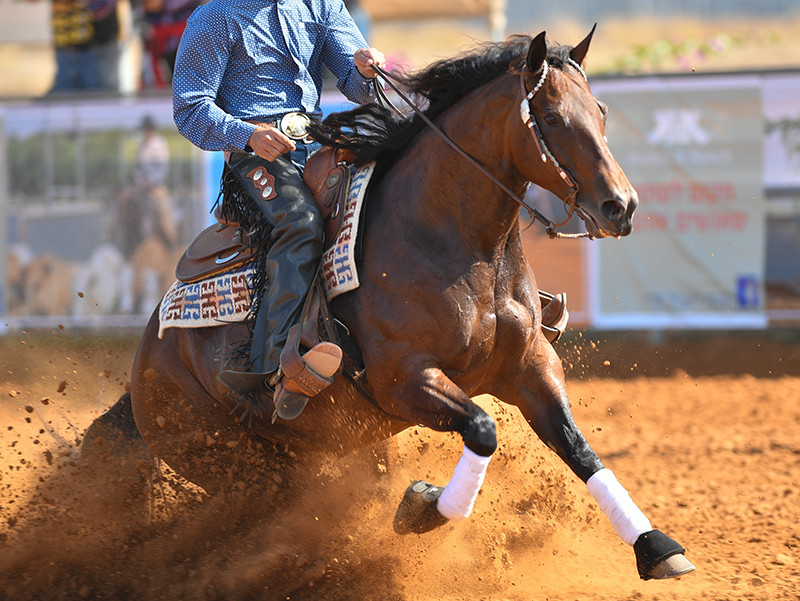Your horse’s muscle health is an important part of his overall physical health. As a horse owner, you understand the important connection between your horse’s muscles and his performance. A combination of proper nutrition and exercise are important for your horse to perform to his/her potential. Here are five ingredients that may lend support to your horse’s muscle health.
1. Magnesium
Nearly one-third of your horse’s magnesium intake is used for muscle maintenance. Magnesium iis a macromineral, Helps to maintain normal muscle and nerve function, aids to regulate blood sugar levels and promotes normal blood pressure. Magnesium lends support in oxygen delivery to the muscle tissue which can aid in promoting healthy muscle function and activity.
2. B Vitamins
Your horse’s access to fresh grass and foliage is how he typically gets the all-important B vitamins. However, if your horse has limited access to fresh pasture, it is important to double check if your horse is getting enough vitamin B. B Vitamins serve many important roles in the body: protein, fat and carbohydrate metabolism; energy production; proper nerve cell transmission; and cell reproduction and division (especially rapidly dividing ones such as red blood cells).
3. Vitamin E
Vitamin E is considered the most important antioxidant and works closely with selenium to protect the body from the oxidative stress of exercise and illness. Found in high amounts in fresh pasture, levels begin to decay the moment pasture is cut for hay. That is why any horse that does not have access to grass, regardless of its activity level or health, would be a candidate for vitamin E supplementation. Horses are not very efficient in storing vitamin E and deficiency may be accelerated if the diet is deficient in selenium.
4. Selenium
Selenium is a trace mineral that along with vitamin E function together to help to protect body tissues from free radical damage that occurs during oxidation (the conversion of feedstuffs into energy). Most horses will need supplementation of 1 mg/day for maintenance. For optimum immune support and muscle/exercise recovery, 2 to 3 mg/day is recommended
5. Lysine
Lysine is an amino acid and the only one for which a requirement in the horse has been established by the NRC and used for the biosynthesis of proteins. This amino acid is often the key to improving protein availability, especially in grass hay-based diets. Protein availability is key to your horse’s ability to both create and maintain muscle.

